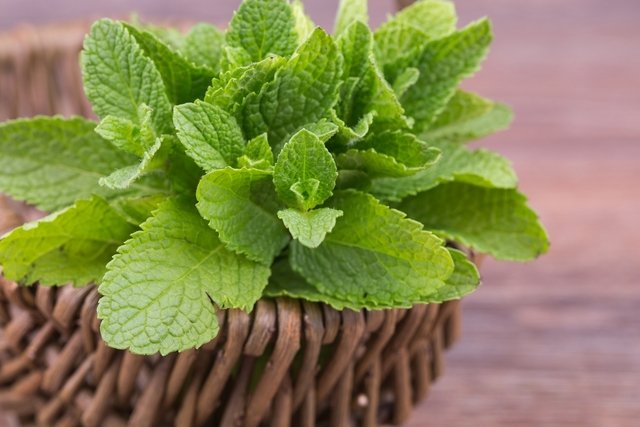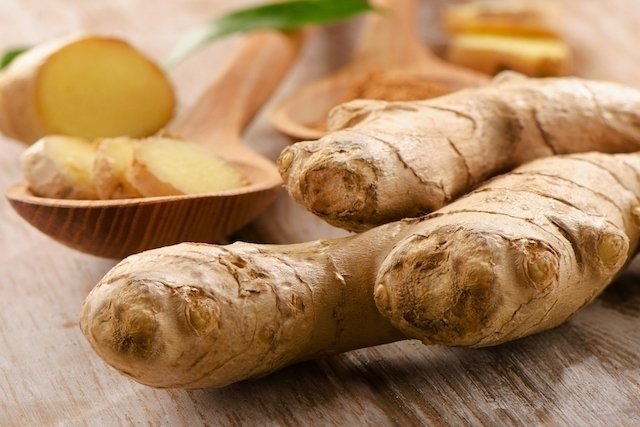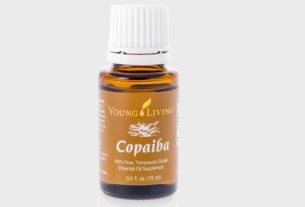Home remedies are great natural options to strengthen the immune system and help treat pneumonia, mainly because they can alleviate some of the typical symptoms such as cough, fever or muscle pain, improving comfort and facilitating the recovery process.
However, these remedies do not replace medical treatment, especially in the case of pneumonia, as a doctor’s assessment is necessary to understand whether it is necessary to use more specific remedies, such as antivirals or antibiotics.
Whenever possible, home remedies should be used under the guidance of the doctor responsible for the treatment. See more details about the treatment of pneumonia.
To lower the fever

Some homemade and natural options that have scientific evidence to reduce fever are:
1. Peppermint tea compresses
This is a very simple but very effective option for treating fever and bringing quick relief, as it allows you to lower your body temperature in just a few minutes. To do this, dip 2 compresses, or a clean cloth, into a container of warm peppermint tea and then squeeze out the excess water. Finally, the compresses, or cloth, must be applied to the forehead and this process can be repeated several times a day, both in children and adults.
In addition to the water temperature helping to cool body temperature, peppermint also contains substances, such as menthol, that help cool the skin. Ideally, the tea should not be hot, but it should not be cold either, as this can cause a thermal shock and make the person shiver, increasing discomfort.
2. White willow tea
White willow is a medicinal plant with strong anti-inflammatory and analgesic power that helps combat headaches and relieve fever, as its composition contains a substance very similar to the active ingredient of aspirin, salicin.
Therefore, this tea is perfect for use during the treatment of pneumonia, as it relieves several of the symptoms, such as headache, fever and muscle pain.
Ingredients
- 1 tablespoon of white willow bark;
- 1 cup of boiling water.
Preparation mode
Place the willow bark in the cup and let it rest for 5 to 10 minutes. Then strain and let it cool. Drink 2 to 3 times a day.
Ideally, this tea should only be consumed by adults and is contraindicated in the same situations as aspirin, namely pregnant women and people at greater risk of bleeding. Check out the contraindications of aspirin.
To relieve cough

For cough relief, some of the most effective at-home options include:
3. Thyme tea
Thyme is a medicinal plant that is traditionally used to treat coughs, being authorized by the European Medicines Agency (EMA) as a natural ingredient for the preparation of cough medicines. (1).
According to a study carried out in 2006 (2)this effect appears to be related to the plant’s flavonoid composition, which helps relax the throat muscles responsible for coughing, in addition to relieving inflammation in the respiratory tract.
Ingredients
- 2 tablespoons of crushed thyme leaves;
- 1 cup of boiling water.
Preparation mode
Place the thyme leaves in a cup of boiling water and let it rest for 10 minutes. Then strain and let it cool. Drink 2 to 3 times a day.
Thyme tea is safe for adults and children over 2 years of age, but in the case of pregnant women it should only be used under the guidance of an obstetrician. Furthermore, some people may be allergic to this plant, and its use should be discontinued if any symptoms related to an allergic reaction appear.
4. Pineapple juice
Due to its bromelain composition, pineapple juice appears to be a great natural option for relieving coughs, as this substance appears to be capable of inhibiting coughing.
Furthermore, as it contains vitamin C, pineapple juice also strengthens the immune system and reduces inflammation of the respiratory system, making it a good option to use during the treatment of pneumonia.
Ingredients
- 1 slice of peeled pineapple;
- ½ glass of water.
Preparation mode
Blend the ingredients in a blender and drink 2 to 3 times a day or whenever more intense coughing attacks appear.
As it is a completely natural juice, this home remedy can be used on adults and children, as well as pregnant women. Check out more recipe options with pineapple for coughs.
To reduce muscle pain

The best home remedies to reduce muscle pain and the feeling of general malaise are those with analgesic action, such as:
5. Ginger tea
Ginger is a root that has constituents, such as gingerol or shogaol, with powerful analgesic and anti-inflammatory action that help to greatly reduce any type of pain, especially muscle pain and general malaise from conditions such as flu, cold or pneumonia, for example.
Furthermore, the phenolic compounds in ginger also have a strong antioxidant action, helping to strengthen the immune system.
Ingredients
- 1 cm of crushed fresh ginger root;
- 1 cup of boiling water.
Preparation mode
Add the ingredients and let it rest for 5 to 10 minutes. Then strain, let it cool and drink 2 to 3 times a day.
Ginger is a safe root for use in adults and children over 2 years of age. Furthermore, it is also safe during pregnancy, but for this, the dose of ginger should be just 1 gram per day, and the tea should only be drunk for a maximum of 4 days.
6. Echinacea tea
Echinacea is a plant well known for helping to strengthen the immune system, however, it is also very effective in relieving inflammation in the body, having an analgesic effect on muscle pain and general discomfort.
Ingredients
- 1 tablespoon of dried echinacea flowers;
- 1 cup of boiling water.
Preparation mode
Place the echinacea leaves in a cup of boiling water and let it rest for 5 to 10 minutes. Finally, strain, let it cool and drink 2 to 3 times a day.
Echinacea is a very safe plant that can be used by adults, children over 2 years of age and even pregnant women, as long as there is supervision from an obstetrician.

Sign up for our newsletter and stay up to date with exclusive news
that can transform your routine!
Warning: Undefined array key "title" in /home/storelat/public_html/wp-content/plugins/link-whisper-premium/templates/frontend/related-posts.php on line 12
Warning: Undefined array key "title_tag" in /home/storelat/public_html/wp-content/plugins/link-whisper-premium/templates/frontend/related-posts.php on line 13



